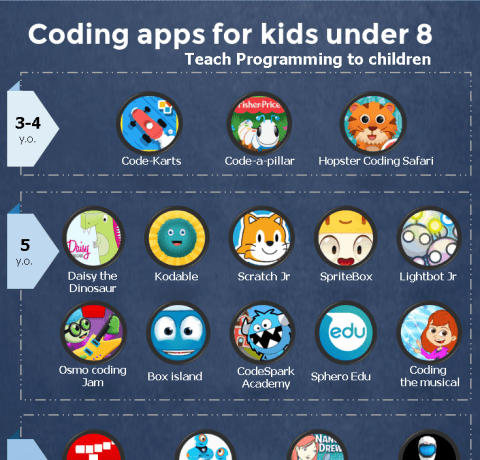Pros and Cons of Reward Systems for Primary Schools Infographic
Reward Systems are widely used to motivate students to perform better in school. Many education experts consider them to be a great way to improve students’ participation in the classroom, while others argue that even though rewards do work, there are several disadvantages of using them, and the gains are not worth the price. The Pros and Cons of Reward Systems for Primary Schools Infographic examines some of the most popular benefits and risks of reward systems for primary schools.
Advantages of Reward Systems
- Appropriate behaviour - Pupils conform to appropriate behaviours, when either intrinsically or extrinsically rewarded.
- Motivation for full effort - Kids will show interest and increased participation in everyday classroom tasks and responsibilities.
- Happy students - Rewards motivate pupils to be more productive by creating a feeling of pride and achievement. Successful students are happy students.
- Increased self-esteem - Every success helps children become more self-confident.
- Improved outcomes - Rewards systems promote and acknowledge school effort, and lead to improved outcomes for students.
- Completed homework - The National Association of School Psychologists suggests the establishment of incentive programs to motivate children to complete their homework.
Disadvantages of Reward Systems
- Devaluation - Eventually rewards become expected and their effect is greatly reduced.
- Addiction - Some pupils can become addicted to rewards and won’t study without them.
- Finishing - Students focus more on finishing a task to win an award, instead of learning what the lesson is meant to teach.
- Manipulation - Children might feel like they are being manipulated, which in turn teaches them how to manipulate.
- Increased pressure - The more we praise children, the greater the fall if they cannot live up to that praise
- Bribes - Bribes and threats are two sides of the same coin - it can lead to a warped idea of how to control people.
Alternatives to Rewards
- Appreciation instead of manipulation - Although it is often underestimated, showing appreciation and respect can be extremely helpful. Simply recognizing children for good behaviour or work is a great motivator and is always appreciated.
- Challenge-based learning - Ask pupils to collaborate with peers in the classroom and beyond to develop deeper knowledge of the topics they are studying, identify and solve challenges, and make a difference in their community.
- Meaningful connections with pupils - Get to know your students and show you care for them - research suggests that caring relationships with teachers help pupils do better in school and act more kindly towards others.
Have you tried School Merits? An online rewards system that makes learning fun for pupils. Students are rewarded for good work with the Merits currency, which can be used to create an avatar, buy accessories, donate to charities or even buy physical items of their choice. All schools love it!







You can adjust your cookie preferences here.